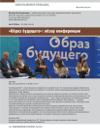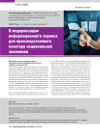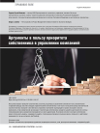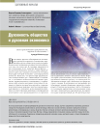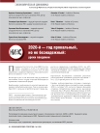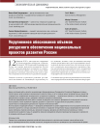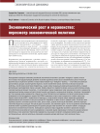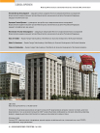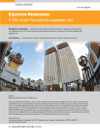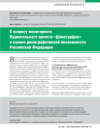“Image of the Future”: Conference Overview
DOI: https://doi.org/10.33917/es-2.176.2021.134-141
On February 19–20, 2021 at the Orel State University named after I.S. Turgenev with the support of the Government of the Oryol Region and the Center for Strategic Initiatives “Co-society”, the first International Scientific and Practical Conference “Image of the Future” was held.
Vision of the future is an integral part of life of both an individual and society as a whole. Fear of the future or hopes for it, confidence in the possibility of influencing the perspective configuration, interest in what awaits us ahead or indifference to tomorrow — all this enters in social reality that surrounds us. Today’s decisions and actions depend on how tomorrow is seen. The image of the future is a form of the presence of the future in the present, research interest in it is due not to the desire to find out what tomorrow will be, but to the desire to identify the options for the possibilities of the present.
Despite the noticeable presence of the “image of the future” word combination in journalistic and scientific discourse of modern Russia, national studies of this phenomenon are just beginning. The goal, set by the conference organizers, was to unite and coordinate research on the image of the future both at the level of theoretical and methodological developments, and in the study of practical aspects related to functioning of individual and collective images of the future, their influence on current social reality



